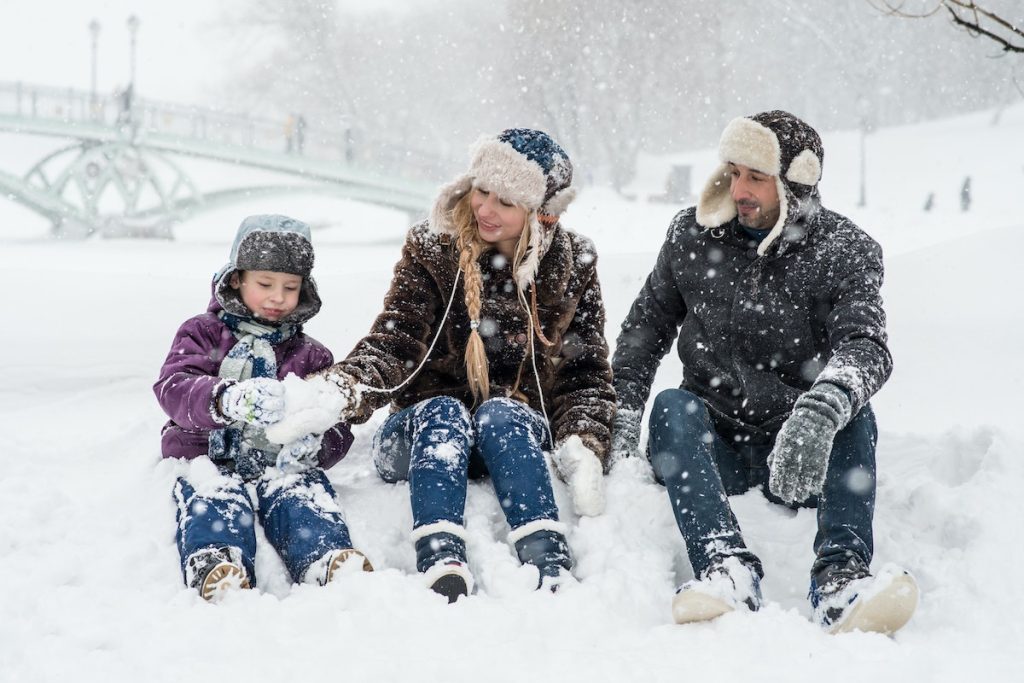As temperatures drop and winter approaches, it’s essential to know how cold weather affects your health. From increasing your risk for certain illnesses to increasing the risk of hypothermia, there are various ways that the cold can impact your well-being. So let’s look at some of the effects of cold weather on our bodies.
Risk for Illnesses
It’s well-known that cold weather can increase your risk of catching certain illnesses, such as the common cold or flu. This is because viruses tend to last much longer in colder temperatures, which increases their ability to spread from person to person more quickly. To prevent yourself from becoming sick during winter, ensure you do all you can to stay healthy. Get plenty of rest, drink lots of water, and eat nutritious foods that will help boost your immune system.
The cold can also strain your heart by increasing your blood pressure and making it harder for your body to regulate its temperature. To protect yourself against these risks, make sure you dress appropriately in layers before going outside in the cold—this will help keep your body warm without causing overheating or sweating, which could lead to hypothermia or other dangerous conditions. Additionally, make sure you avoid strenuous activities like shoveling snow since they can increase your risk of a heart attack or stroke.

Hypothermia Risk
Not only can cold temperatures increase your chances of getting sick, but they can also increase your risk of developing hypothermia—a life-threatening condition in which your body temperature drops dangerously low due to prolonged exposure to cold temperatures. Therefore, it’s essential to wear appropriate clothing when temperatures are low and take precautions if you must spend extended periods outdoors in extreme weather conditions. Be aware of warning signs such as shivering, confusion, or drowsiness, as these could be signs that you’re developing hypothermia.
Mental Health
It’s not just the physical health that can be affected by cold weather; mental health can suffer too. Seasonal Affective Disorder (SAD) is a form of depression triggered by the drop in daylight hours during winter in northern climates. Symptoms may include fatigue, difficulty concentrating, oversleeping or insomnia, changes in appetite or weight gain/loss, and feelings of hopelessness or worthlessness. If you think you may be suffering from SAD, then it’s essential to reach out for help as soon as possible to get the support you need and start feeling better again soon.
Tips For Keeping Warm
The cold weather has many potential effects on our health—from an increased risk for illness to impacting our mental well-being—so it’s imwell-beingo take extra precautions during this time and ensure we’re taking care of ourselves physically and mentally. Follow these tips if you want to keep yourself warm during the winter.
Use Hot Water
Keeping yourself clean can help reduce the risk of catching an illness from cold temperatures. In addition, taking hot showers or baths can help warm your body up and keep it comfortable.
Additionally, you can use hot tubs to keep yourself warm. They are far more effective at keeping your body temperature up than a hot shower. You can look for hot tubs for sale online if you don’t want to leave your home. Depending on the size, you can purchase one and get it installed in your backyard or patio.
Invest in Quality Cold Weather Gear
The best way to stay warm during winter is to equip yourself with quality cold-weather gear. This includes a thick coat, waterproof boots, wool socks, gloves, and a hat. Investing in quality cold-weather gear will ensure you stay warm when you head outside. Also, layering is vital if it’s freezing out, so don’t forget to throw on an extra sweater!
Monitor Your Indoor Temperature
When temperatures drop outside, it’s essential to monitor your indoor temperature. If you have central heating, make sure it’s set at a comfortable temperature (usually about 68°F). Doing this will ensure that your home stays heated and cozy despite the cold weather outside. If you don’t have central heating, investing in space heaters can also help keep your home warm and comfortable.
Wrap Up in Blankets
Nothing says “cozy winter day” like sleeping in blankets while lounging indoors! There are plenty of cozy blanket options available—from electric blankets that provide warmth without cranking up the thermostat too high to weighted blankets perfect for snuggling up with a good book. Whatever type of blanket you choose, make sure it keeps you warm and snug all winter long!
Staying warm during winter doesn’t have to be a challenge – follow the tips above! So bundle up and stay active this winter season –you’ll be glad you did!

